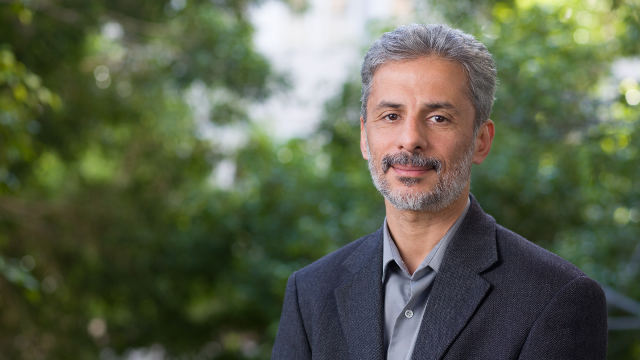 IMAGE COURTESY OF WAEL AL-DELAIMYWael Al-Delaimy, an epidemiologist at the University of California, San Diego (UCSD), came to the United States from Iraq in the early 2000s in order to avail himself of the “the research environment, the academic system, and the freedom” afforded by American institutions of higher education, he told The Scientist.
IMAGE COURTESY OF WAEL AL-DELAIMYWael Al-Delaimy, an epidemiologist at the University of California, San Diego (UCSD), came to the United States from Iraq in the early 2000s in order to avail himself of the “the research environment, the academic system, and the freedom” afforded by American institutions of higher education, he told The Scientist.
Born in Baghdad in 1967, Al-Delaimy attended the country’s premier institutions, obtaining a medical degree from Al-Mustansiriyah University and a postgraduate degree in community medicine from the University of Baghdad. He then decided to follow in the footsteps of his father, who studied food science at the University of California, Los Angeles, and Michigan State University in the 1950s and ’60s. Although Al-Delaimy was accepted to the Harvard School of Public Health, he missed a crucial enrollment deadline and decided to migrate to New Zealand in 1994 because he had a friend who was already living there.
After pursuing a PhD in epidemiology at the University of Otago, studying the effects of second-hand smoke on respiratory illnesses in children, Al-Delaimy was offered a postdoctoral research ...




















